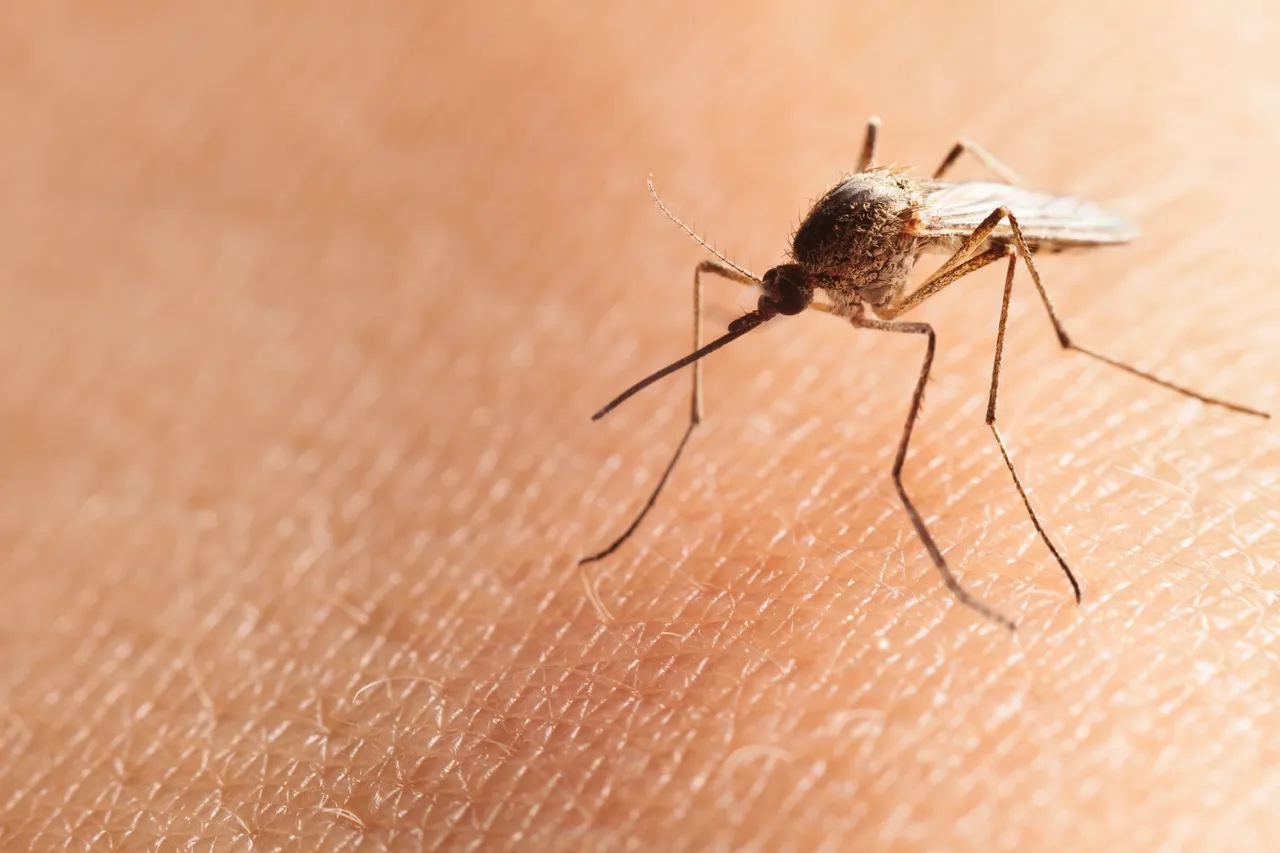Malaria is a disease caused by the Plasmodium parasite. Every child born in Ghana will tell you straight away that Plasmodium is carried by the female anopheles mosquito. The war on mosquitoes and malaria for a Ghanaian begins even before you are born. As part of antenatal care, pregnant women are given malaria prophylaxis and encouraged to sleep under insecticide-treated nets. This is because of the devastating effects of malaria in pregnancy as well as on the newborn.
Malaria’s impact on our lives is seen even in our genetic makeup. Sickle cell is a mutation that was developed through natural selection to combat malaria. This is seen in the fact that people who carry the sickle cell trait (AS) have some inherent resistance to malaria.
Malaria presents a significant burden on our country’s finances, through actual cash expended in various malaria control programs as well as loss of man-hours. Globally, the direct cost of malaria has been estimated at 12 billion dollars annually. The cost to economic growth is many times more (Source: CDC). 2.1% of the global malaria burden and 1.9% of global malaria deaths occur in Ghana (SOURCE: severe malaria.org). Between 2017 and 2020, however, through the implementation of high-impact strategies, Malaria cases dropped from 201 cases per 1000 to 163 per 1000. Notwithstanding the progress made, there were 5.7 million confirmed malaria cases in 2021, out of which 275 people died (Source: Ministry of Health, Ghana).
The development of a much-needed Malaria vaccine has been long overdue, and for Ghana, this could serve as a very significant breakthrough in our fight against malaria.
‘The malaria vaccine Mosquirix– RTS,S, is the first vaccine recommended by the World Health Organization(WHO) to prevent malaria and significantly reduce life-threatening severe malaria in children, is expected to save thousands of lives each year.’ (Source: WHO). It is given in 4 doses: at 6 months, 7 months, 9 months and 18 months
Summary of key findings of the malaria vaccine pilots
(Source: WHO)
-
Reaching the unreached:
RTS,S increases equity in access to malaria prevention.
Data from the pilot program showed that more than two-thirds of children in the 3 countries who are not sleeping under a bednet are benefitting from the RTS,S vaccine.
Layering the tools results in over 90% of children benefitting from at least one preventive intervention (insecticide-treated bednets or the malaria vaccine).
-
Strong safety profile:
To date, more than 2.3 million doses of the vaccine have been administered in 3 African countries – the vaccine has a favorable safety profile.
No negative impact on the uptake of bednets, other childhood vaccinations, or health-seeking behavior for febrile illness. In areas where the vaccine has been introduced, there has been no decrease in the use of insecticide-treated nets, uptake of other childhood vaccinations or health-seeking behavior for febrile illness.
-
High impact in real-life childhood vaccination settings:
Significant reduction (30%) in deadly severe malaria, even when introduced in areas where insecticide-treated nets are widely used and there is good access to diagnosis and treatment.
-
Highly cost-effective:
Modelling estimates that the vaccine is cost-effective in moderate to high malaria transmission areas.
It is on the back of these numbers and the effectiveness of the vaccine as demonstrated by the pilot studies that Ghana has adopted the malaria vaccine, and is the first country to do so.
The vaccine can be safely given alongside all other vaccines at child welfare clinics. Vaccines are currently being rolled out in phases. The pilot which was started n 2019 covered 41 districts in Ahafo, Bono, Bono East, Central, Oti, Upper East and Volta. Phase 2 is the expansion to the additional 51 Districts as a continuation of the pilot implementation. (Source: Ministry of Health, Ghana).
So at this point, one can only wait for the vaccine to arrive in your district.

Dr. Kelvin Owusu is a Health and Wellness Consultant who, through a holistic approach, helps individuals and groups craft innovative health plans aimed at promoting healthy lifestyles.
Support us by sharing this article on your social media and also by becoming a patron. https://patreon.com/KelvinOwusuMD






